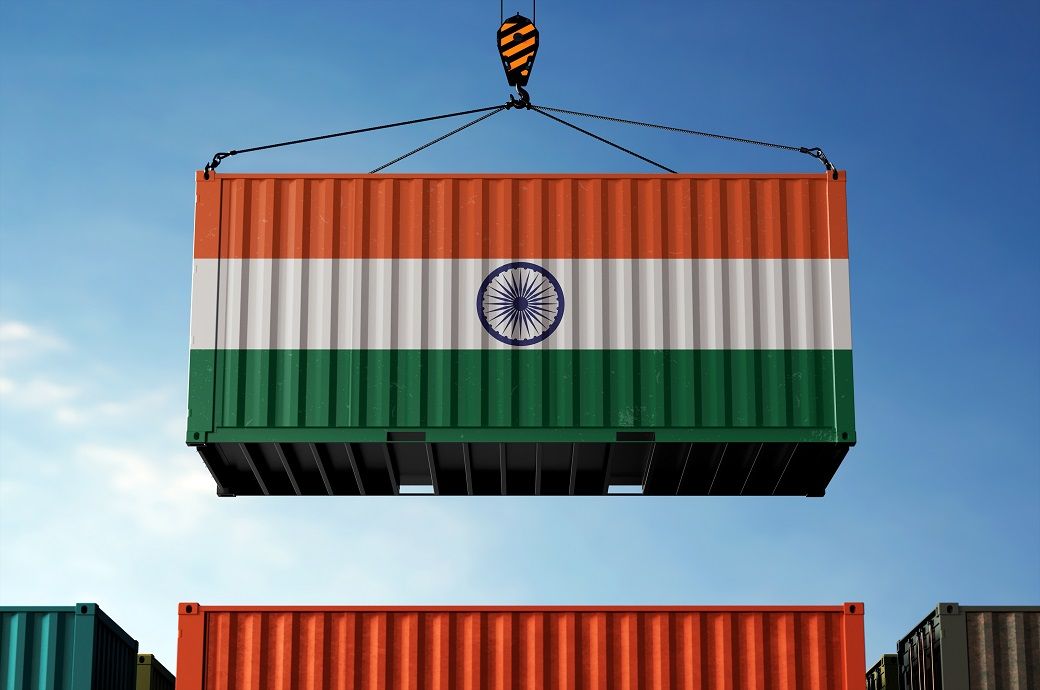
The mission will provide a comprehensive, flexible and digitally-driven framework for export promotion, with a total outlay of ₹25,060 crore for the period between FY26 and FY31.
The mission is expected to facilitate access to affordable trade finance for MSMEs and export readiness through compliance and certification support; improve market access and visibility for Indian products; boost exports from non-traditional districts and sectors; and generate employment across manufacturing, logistics and allied services.
“EPM marks a strategic shift from multiple fragmented schemes to a single, outcome-based and adaptive mechanism that can respond swiftly to global trade challenges and evolving exporter needs,” an official release from the cabinet said.
The scheme involves the Department of Commerce, the Ministry of MSME, the Ministry of Finance and other key stakeholders, including financial institutions, export promotion councils, commodity boards, industry associations and state governments.
The mission will operate through two integrated sub-schemes.
‘Niryat Protsahan’ will focus on improving access to affordable trade finance for MSMEs through a range of instruments like interest subvention, export factoring, collateral guarantees, credit cards for e-commerce exporters and credit enhancement support for diversification into new markets.
‘Niryat Disha’ will focus on non-financial enablers that enhance market readiness and competitiveness, including export quality and compliance support, assistance for international branding, packaging, and participation in trade fairs, export warehousing and logistics, inland transport reimbursements, and trade intelligence and capacity-building initiatives.
EPM consolidates key export support schemes like the Interest Equalisation Scheme (IES) and Market Access Initiative (MAI), aligning them with contemporary trade needs.
The mission will directly address structural challenges that constrain Indian exports that include limited and expensive trade finance access; cost of compliance with international export standards; inadequate export branding and fragmented market access; and logistical disadvantages for exporters in interior and low-export-intensity regions.
Priority support will be extended to sectors like textiles, leather, gems and jewellery, engineering goods, and marine products, which are affected by recent global tariff escalations. The interventions will help sustain export orders, protect jobs and support diversification into new geographies, the release added.
The Directorate General of Foreign Trade (DGFT) will act as the implementing agency, with all processes being managed through a dedicated digital platform integrated with existing trade systems.
ALCHEMPro News Desk (DS)
Receive daily prices and market insights straight to your inbox. Subscribe to AlchemPro Weekly!